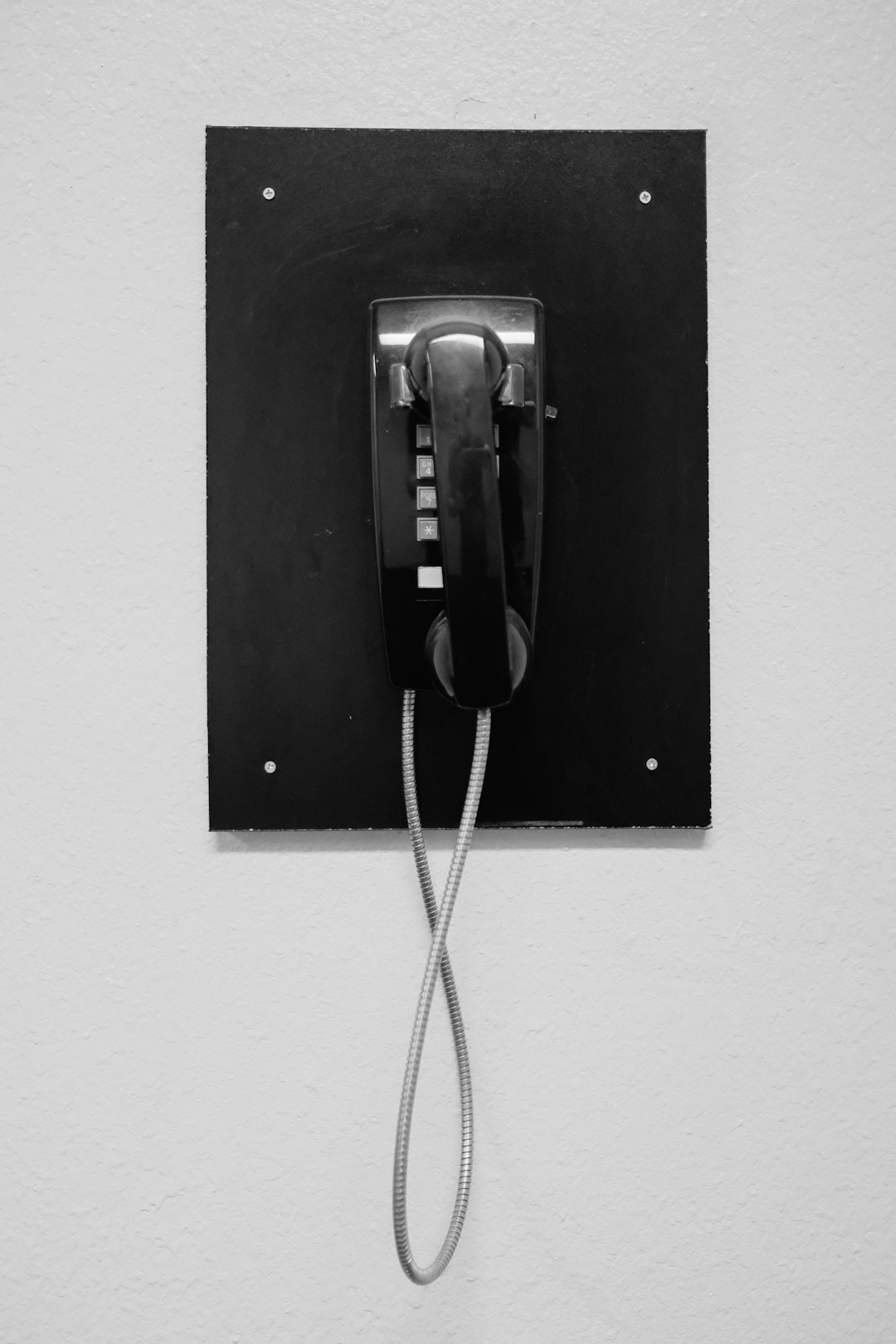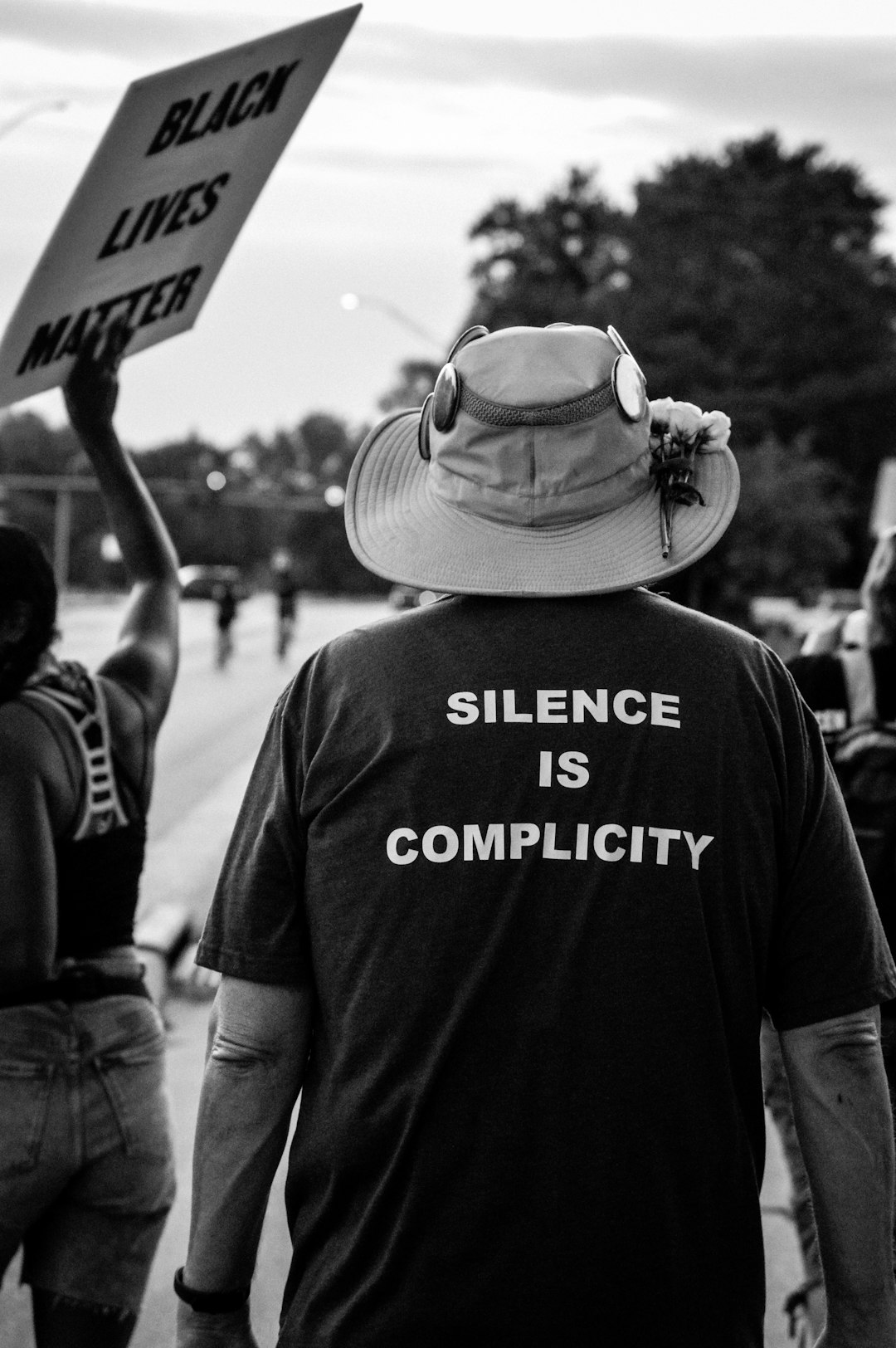Nevadans have legal protection from aggressive debt collection tactics, including "Do Not Call" rights against law firms. To stop unwanted communication, consumers should request debt validation and clearly state their intention to cease all further contact in writing, sent via certified mail. Documenting interactions is crucial, as violators face consequences under federal (TCPA) and state (NDFCPA) laws, with options for legal action or complaints to the Nevada Attorney General's Office.
In the state of Nevada, consumers have powerful rights when it comes to debt collection practices. Understanding your cease communication rights is crucial for protecting yourself from harassing calls, especially from law firms. Nevada laws strictly regulate how debt collectors can interact with individuals, granting borrowers the right to stop all contact at any time. This comprehensive guide explores your legal options and steps to assert these rights, ensuring peace of mind in managing your debts without unwanted interruptions.
Understanding Nevada's Debt Collection Laws

In Nevada, debt collection practices are regulated by both state and federal laws, designed to protect consumers from aggressive or unfair tactics. Understanding these rights is crucial for anyone dealing with debt collectors in the Silver State. Nevada has specific rules regarding communication methods, including a notable prohibition on certain types of calls, particularly those made by law firms.
Under Nevada’s Do Not Call laws, individuals have the right to request that debt collectors refrain from contacting them via telephone. This includes requests not to call specific law firms, which must be respected. Consumers can exercise this right by informing the collector in writing, and once submitted, debt collectors are prohibited from making further unwanted calls, ensuring a more peaceful and less intrusive debt resolution process.
The Right to Cease Communication

In the state of Nevada, consumers have a legal right to cease communication from debt collectors and law firms. This right is protected by both state and federal laws, including the Telephone Consumer Protection Act (TCPA). If you’ve been contacted by a debt collector or law firm representing a creditor in Nevada, you can request that they stop contacting you at any time. This includes requests to call your phone, send text messages, or even leave voicemails.
To exercise your right to cease communication, it’s recommended to put your request in writing. Send a clear and concise letter stating that you wish to stop all further contact from the debt collector or law firm. Make sure to include your name, contact information, and a statement that you do not wish to be contacted any further. This document should be sent via certified mail with a return receipt requested for proof of delivery. By following these steps, Nevadans can protect their privacy and stop unwanted debt collection efforts from law firms and call centers alike. Remember, “Do Not Call” laws are in place precisely for this purpose.
When and How to Assert Your Rights

If you’re in Nevada, dealing with debt collection can be stressful, but understanding your rights is empowering. According to the Fair Debt Collection Practices Act (FDCPA), consumers are protected from abusive or harassing communication by debt collectors. This includes a “Do Not Call” right, specifically mentioning law firms, which many debtors find particularly relevant in Nevada.
To assert these rights, it’s crucial to act promptly. Start by requesting validation of the debt from the collector. They must provide details about the original creditor and the amount owed. Simultaneously, inform them you wish to stop all communication, including phone calls from law firms. Keep records of every interaction for future reference, as this documentation can be invaluable if you need to escalate the issue or take legal action.
Legal Recourse Against Violations

If debt collectors in Nevada violate consumers’ rights by continuing communication despite requests to cease, individuals have legal recourse. According to state laws, debtors have the right to request that creditors and collection agencies stop contacting them, especially if the calls are frequent, aggressive, or made after hours. This right is protected under the Telephone Consumer Protection Act (TCPA) and Nevada’s Fair Debt Collection Practices Act (NDFCPA).
If a debtor believes their “Do Not Call” requests have been ignored or violated, they can file a complaint with the Nevada Attorney General’s Office. Victims may also choose to take legal action against the offending collection agency or creditor by filing a private lawsuit for damages, including actual and punitive losses stemming from the violation of their communication rights.
Protecting Yourself from Harassment

If you’re in Nevada, it’s crucial to understand your rights regarding debt collection practices, especially when it comes to unwanted communication. When dealing with debt collectors or law firms attempting to collect debts, you have the legal right to request that they stop contacting you, often referred to as a “cease and desist” letter. This is particularly important if you feel you are being harassed or treated unfairly during the collection process.
Under Nevada law, a debt collector cannot call you at your home or workplace more than once a day, and they must cease all communication if you request it in writing. Additionally, they cannot use abusive, threatening, or coercive language when contacting you. By informing them that you wish to stop all calls from law firms regarding the debt, you can protect yourself from further harassment and ensure your interactions with debt collectors remain respectful and within legal boundaries. Remember, “Do Not call law firms Nevada” is not just a slogan; it’s a right you possess to maintain peace of mind during challenging financial situations.






